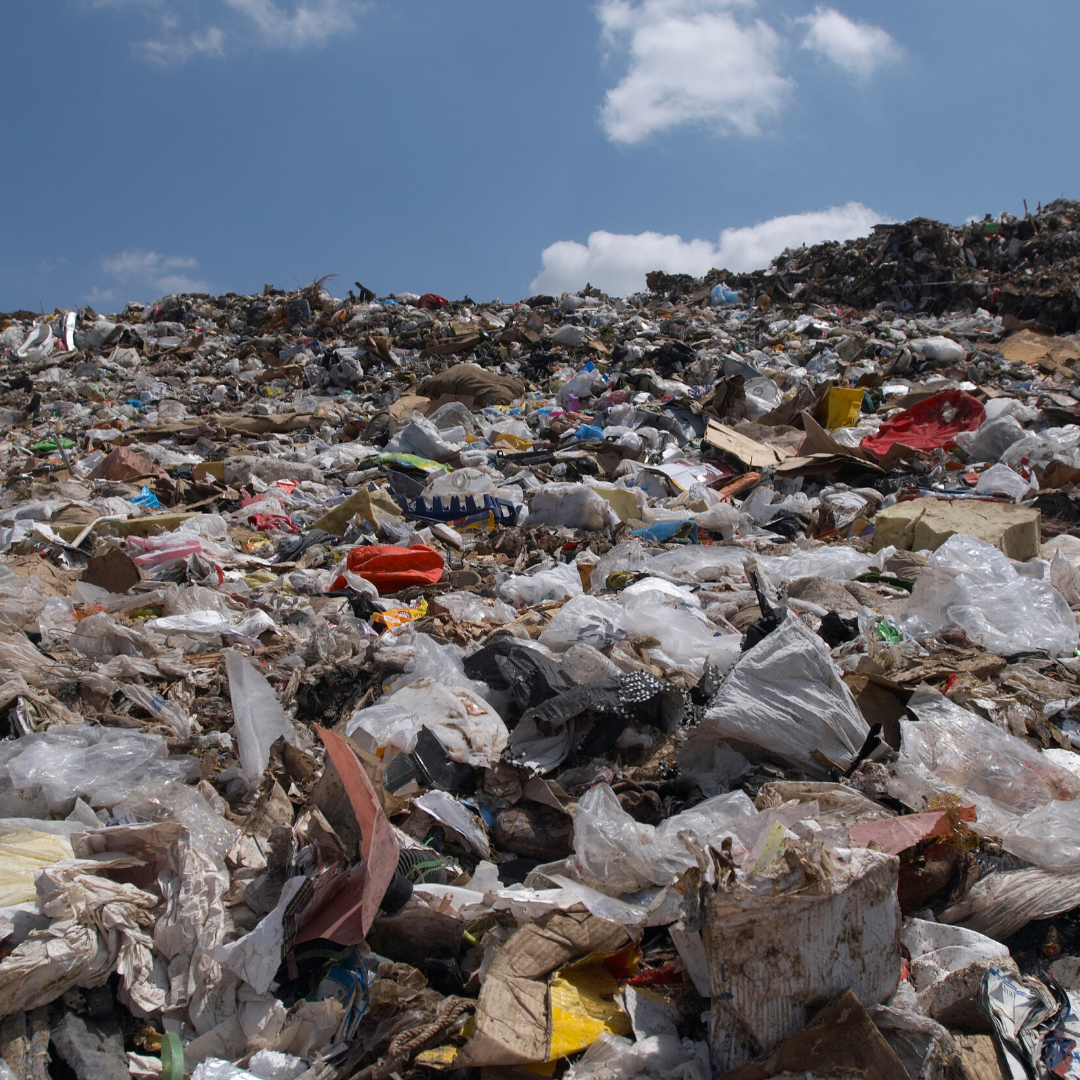
Our state’s landfills and incinerators pollute the air and water of neighboring communities. The aging Wheelabrator incinerator in Saugus, MA, for example, has had four fires in just the past few years - fires that release toxic chemicals into the air! Unfortunately, we burned or buried over 5 million tons of waste in 2019 alone. But millions of tons of that waste is actually made up of materials that don’t need to be thrown in the trash including things that could have been recycled or composted, like cardboard, glass, paper, metal, leaves, yard waste, and food scraps.
We need the Commonwealth to get serious about reducing the amount of waste sent to landfills and incinerators. MassDEP should enforce the existing waste bans we already have on the books, educate community members about how to properly recycle or compost the banned items, and support composting pilots in municipalities. The solution to our waste problem needs to be making less waste, not building more polluting facilities.
Read the September 2022 Report we released as part of the Zero Waste Massachusetts coalition: "The Need to Enforce: Waste Ban Regulations in Massachusetts"
The Problem:
In an economy designed to consume as much as possible as often as possible, it’s no surprise that we churn through products so rapidly that we are facing an escalating planetary waste crisis. Millions of tons of items we might not have needed in the first place require ‘management’, a euphemism for dumping, usually in economically or racially oppressed communities. We’re running out of places even to bury all these materials and have invested billions of taxpayer dollars in burning them, sending toxic chemicals into surrounding communities, waterways, air, land and bodies of people and other living creatures.
This burden falls disproportionately on poorer communities and communities of color. Boston still incinerates nearly 80% of its residential waste, and pays tens of millions annually for the privilege. Needless to say, this all exacerbates climate disruption, making it all the more urgent that we rethink the entire materials economy and our relationship to it.
The Solution - Zero Waste:
In Massachusetts, there is growing demand from residents and communities for better alternatives to this destructive process. While municipalities sometimes eye disposal as a viable alternative to recycling programs, costs for which have risen due to changing markets and stricter standards for cross-contamination of materials, residents and grassroots groups have passed scores of municipal bans on plastic bags, straws, styrofoam etc, and see robust ongoing turnout across the state at community meetings discussing waste impacts and recycling. Students have raised the idea of sustainability curricula at schools that reinforces a zero waste message. Host communities of incinerators, landfills and other disposal facilities have been active for decades in advocating for closure and alternatives to be deployed.
Clean Water has worked for decades with people and groups in the zero waste movement to re-imagine our relationship with the materials we produce, transport, distribute, consume and dispose of. Zero waste switches the conversation up entirely: a linear system from extracting raw materials to disposing of finished products becomes a circular economy that produces only what is actually needed, doing so with non-toxic materials and respecting the lives of workers and communities along the way, and then cycling materials back to be reused or otherwise dealt with sustainably at their end of their useful life. Places like Seattle, Austin and even Chicago have been reaping the benefits of zero waste planning for years; Massachusetts now has the opportunity to set a statewide precedent and lead the way.
Success:
As co-coordinators of the Zero Waste Boston (ZWB) coalition, Clean Water led a decade-long campaign to map out the city’s waste system and with our ZWB partners, helped organize key players and affected stakeholders to reach consensus on how Boston should reorganize its waste systems, leading to Boston’s planning process for a pathway to zero waste.
We also have been involved with the fight against the country’s oldest incinerator, in Saugus MA, which burns a large portion of Boston’s municipal solid waste, and dumps the remaining super-toxic concentrate into pristine wetlands surrounded by low-income environmental justice communities. These kinds of injustices have fueled a growing statewide chorus of calls for saner alternatives that respect our communities and environment, while salvaging useful materials and growing a sustainable economy.
Our Goal:
Clean Water Action is a member of the Zero Waste Massachusetts coalition which is working to move the Commonwealth towards a zero waste future. The state’s 2030 Solid Waste Master Plan sets an anemic goal of achieving 30% waste reduction by 2030. Zero Waste Massachusetts envisions a statewide policy and implementation infrastructure that achieves 70% diversion by 2030, 80% by 2040 and Zero Waste (at least 90%) by 2050. This is extremely doable.
Forty percent of what is thrown in the trash now is material that is banned because it is either toxic (such as tires) or recyclable (such as cardboard). Simply enforcing the existing waste bans would enable Massachusetts to blow past its 2030 goal. An additional 30% of Massachusetts' trash is compostable and so requiring composting as well would get a total of 70% of our waste out of landfills and incinerators.